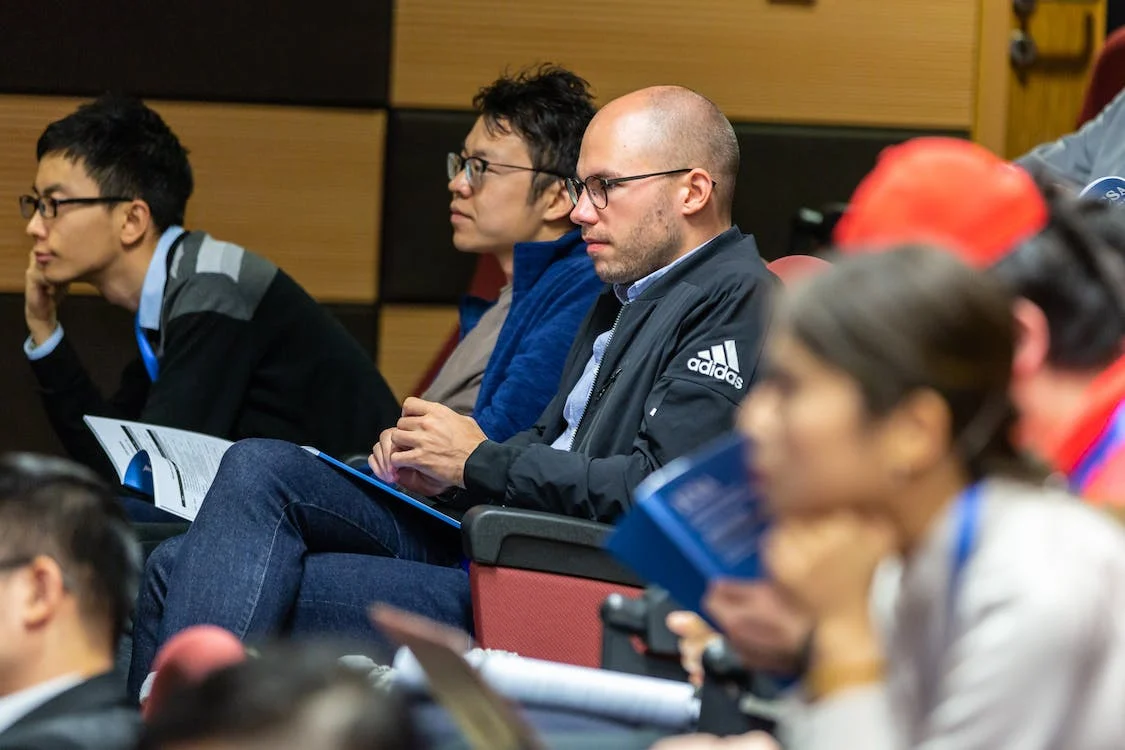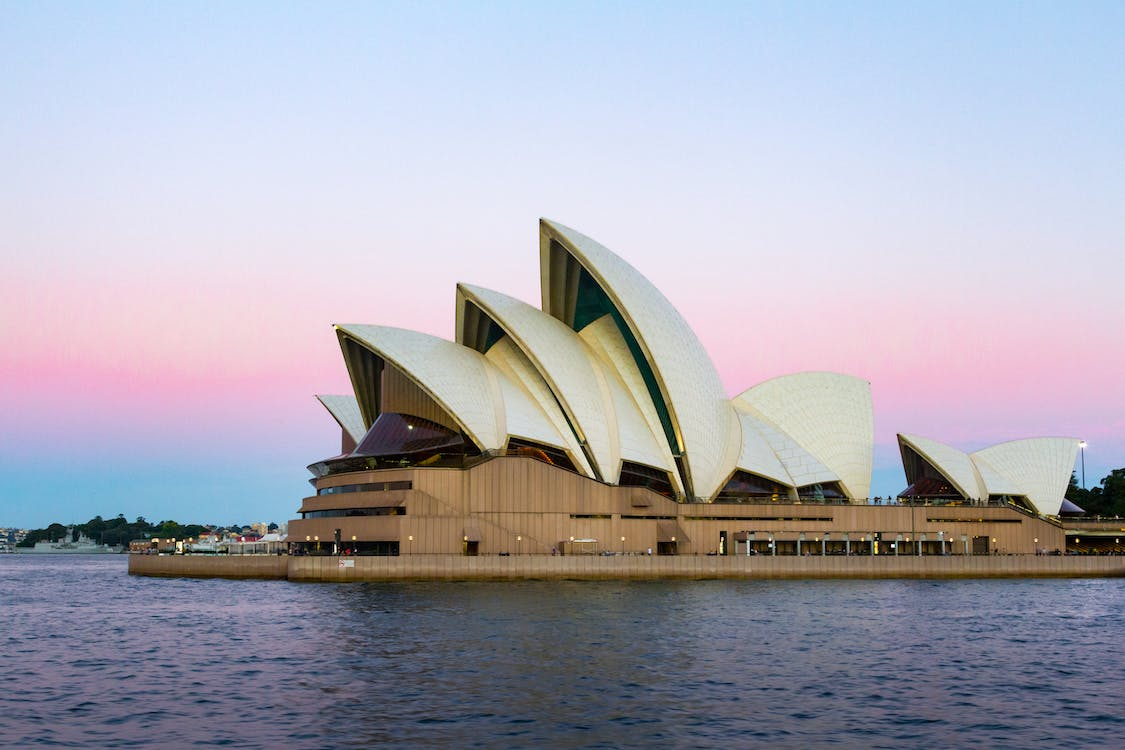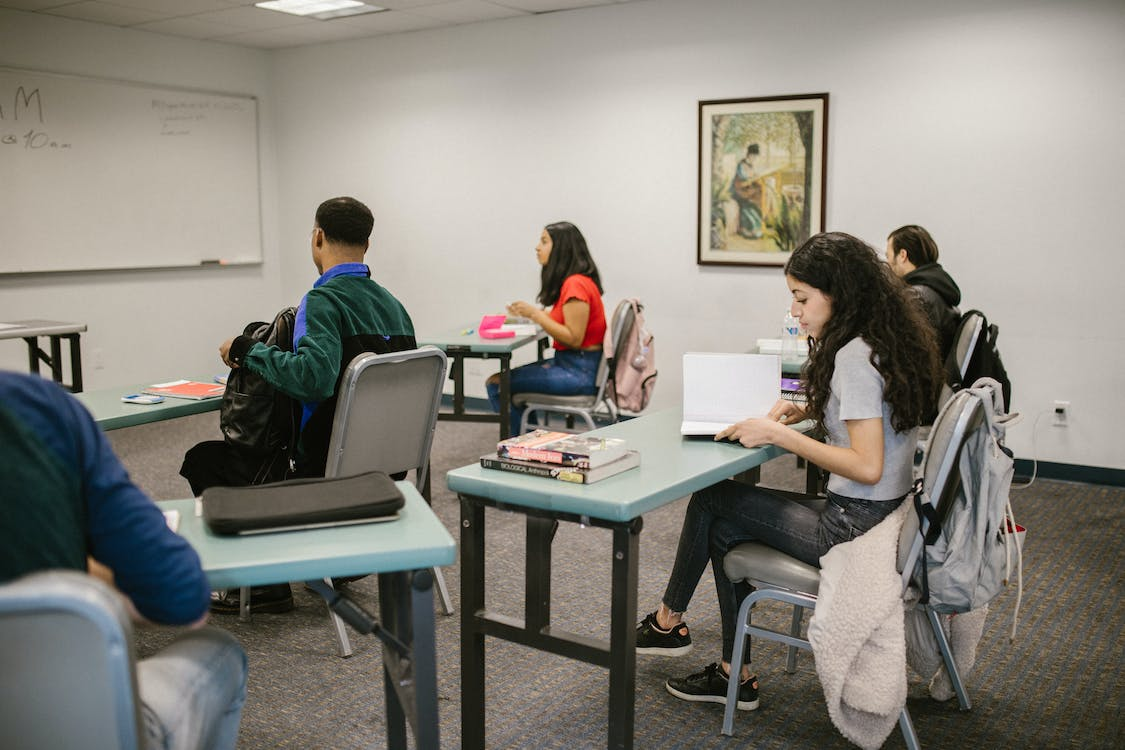Apply to a foreign university with confidence
- Properly fulfilled documents
- Perfect motivation letter
- Support from a personal mentor
- Offers from several universities
In the article you will learn about the requirements for admission to a bachelor's degree in Australia and work prospects after graduation.
Free consultation




Bachelor’s programs in Australia rank as the third most popular choice among international students[1]. Australian universities hold a distinguished global reputation, particularly in the fields of biotechnology and medicine.
This article provides information on the unique aspects of bachelor’s education in Australia, along with details on the admission process and employment opportunities after graduation.
Items 1-6 of 298
Advanced searchBachelor’s programs at most Australian universities have a duration of 3 years, similar to the structure in Great Britain. However, some fields of study might require a longer timeframe. For instance, in medical and certain technical areas, the training period extends to 4 years. Moreover, exceptional academic performance could lead to an additional 1-2 years of bachelor’s studies, resulting in an Honours degree.
Dual-degree programs are also popular in Australia, providing an exciting opportunity to earn two diploma degrees simultaneously. These programs are most commonly found in fields such as art, commerce, law, and science.
More about: higher education in Australia
Entering a bachelor’s degree program at an Australian university after completing the 11th grade is not possible. Before enrollment, a year of study must be undertaken either at a university in your home country or through a preparatory program in Australia. We will delve into this topic separately.
The primary requirement is a secondary education certificate along with a grade transcript. Moreover, you must provide either a transcript of grades from one year of bachelor’s studies in your home country or a certificate of completion from the preparatory program, depending on the method you choose to compensate for the academic gap.
The minimum GPA varies by university, and often universities do not impose strict requirements. However, to enhance your prospects, aiming for a GPA of 6.0 out of 7.0 is advisable, as it is deemed excellent in the Australian context.
Additionally, a demonstration of English language proficiency is mandatory. An acceptable range is IELTS 6.0-6.5 or TOEFL 70-80.
Depending on the university and the specific program, there might be supplementary exams and tests required. For instance, for fields like medicine, additional assessments like UMAT, UCAT, or MCAT might be necessary.
Furthermore, a motivational letter and recommendations are typically required. Creative disciplines might necessitate a portfolio or audition. In some cases, medical programs may involve an interview with the admissions office, often conducted via Skype or phone.
The application for admission, along with the essential documents, must be directly submitted to the university. This can be done through regular or email channels, as well as on the university websites.
Ensure that all documents are translated into English and notarized. In the case of translating certificates, this can usually be accomplished at the issuing school.
Required documents:
Additionally, you may need:
The most straightforward way to enroll at an Australian university after completing the 11th grade is to complete one year of a bachelor's program either in your home country or elsewhere. Additionally, it's worth considering Foundation programs and college options in Australia.
Benefits of Foundation programs and colleges:
The application process for these options is generally less challenging than that of a bachelor's degree. Typically, a high school diploma and proof of English proficiency such as IELTS 5.5 / TOEFL 62 are sufficient. In cases where scores fall short, language classes can be taken.
More about: admission into other degree programsFollowing graduation, you have the option to apply for a Temporary Graduate Visa (subclass 485). This visa allows you to remain in the country for a minimum of 18 months to explore employment opportunities[2].
The application cost for this visa is 1,202 USD, and the processing period usually takes around 3-4 months.
More about: immigration to Australia60+ countries
we work with
$1,000,000 saved
by students through scholarships
6,400 offers
our students got